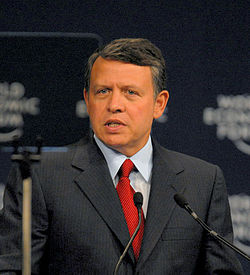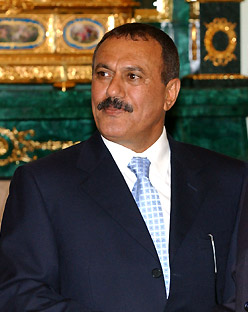This article needs additional citations for verification .(January 2017) |
| Years in politics |
|---|
| Centuries |
| Decades |
| Years |
These are some of the notable events relating to politics in 2011.
This article needs additional citations for verification .(January 2017) |
| Years in politics |
|---|
| Centuries |
| Decades |
| Years |
These are some of the notable events relating to politics in 2011.










